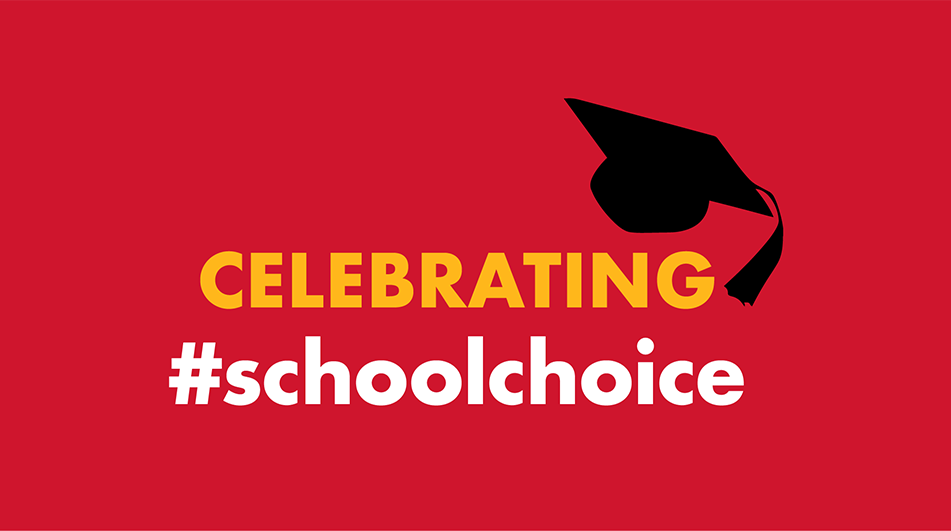Reviewing the 2019 education landscape shows some states taking giant steps backwards, while others made great strides, and this contrast is nowhere more stark than between California and Florida.
In California, the education theme was “let’s take choice away from parents and children.”
The teacher strikes in Oakland and Los Angeles ended with the teacher unions in both cities forcing their school boards to adopt resolutions calling for an end to the expansion of charter schools, which are mostly non-unionized.
Governor Gavin Newsom, who had been endorsed by the California Teachers Association in his 2018 election, dutifully played his part in the “let’s take choice away from parents and children” union agenda.
Newsom signed legislation giving school boards new rationales for disapproving proposed charter schools, including negative fiscal impact of a charter on the school district, duplication of programs at the regular public schools, and determination that the charter is “unlikely to serve the interests of the entire community.”
These added reasons to disapprove new charter schools are vague and open-ended, giving school boards, which are often stacked with union-backed members, carte blanche to deny new charter-school petitions, with children being the victims.
The Charter Schools Development Center says that the new law “represents a near-catastrophic setback to California’s charter school sector” and “likely will curtail the growth of charter schools, both individually and collectively, and will make renewals more contentious and difficult, effectively inhibiting operational flexibility that facilitates innovation.”
While California was destroying choice for parents and their children, Florida was expanding their already robust educational choice options.
In May, Florida Governor Ron DeSantis signed legislation creating Family Empowerment Scholarships that could be used by low-income and middle-class families to pay for tuition at private schools.
The new scholarship program was especially needed because demand for the popular Florida Tax Credit scholarships, a program which allows corporations and taxpayers to contribute to non-profit scholarship-funding organizations, had outstripped supply.
More than 100,000 low-income Florida students receive FTC scholarships to attend around 1,800 private schools. Yet, 13,000 children were on the waiting list for an FTC scholarship.
It is estimated that the new Family Empowerment Scholarships, which will be funded through state dollars from the Florida Education Finance Program, will assist 18,000 students in 2019-20 and thousands more in the future due to an escalator clause in the law.
According to Florida state data, the first cohort of FES student recipients are 71% black and Hispanic, and 87% are low income.
While Governor Gavin Newsom kowtowed to the teacher unions, Governor DeSantis signed the FES bill into law saying, “I personally believe, as a matter of philosophy, that parents know what’s best for their kids.”
But DeSantis did not stop with just the new FES program.
He also signed legislation that expanded eligibility and increased funding for Florida’s Gardiner Scholarship Program, which gives special-needs children the opportunity to receive an education savings account funded by the state and administered by an approved scholarship funding organization.
Under the Gardiner program, parents can use the funds to pay for a variety of educational services, including private school tuition, tutoring, online education, home education, curriculum, therapy, postsecondary educational institutions in Florida and other defined services.
Students with autism make up more than 60 percent of the Gardiner recipients.
For all his efforts, Education Week proclaimed DeSantis the “Unexpected Education Governor.”
Polls show that school choice is extremely popular with Americans, especially among African Americans and Hispanics, which leads to the final contrast between Florida and California.
Governor DeSantis, who was elected by a narrow margin, now has sky-high approval ratings, with large majorities of African Americans and Hispanics supporting him, while Governor Newsom, who was elected in a landslide, is now facing two recall efforts.
–Lance Izumi is senior director of the Center for Education at the Pacific Research Institute and author of the 2019 book Choosing Diversity: How Charter Schools Promote Diverse Learning Models and Meet the Diverse Needs of Parents and Children.

